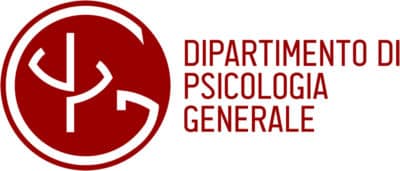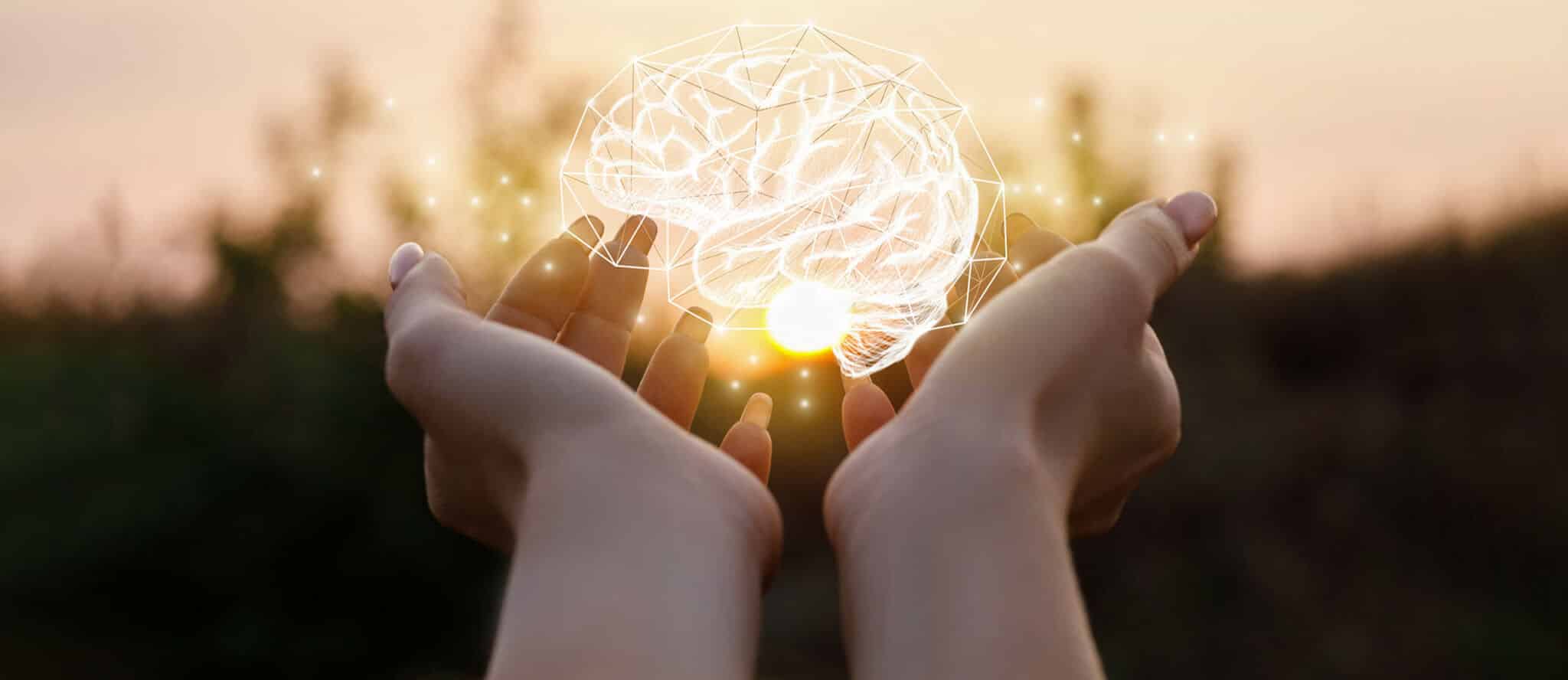
The Second-level Short Specialisation Degree in Clinical Neuropsychology prepares graduates in Psychology to become experts in neuropsychology disorder diagnosis and rehabilitation. The intensive one-year course, in light of the progress of research on cognitive neuroscience, provides specialized training based on empirical evidence from solid neuro-psychological studies. The purpose of the Master’s Degree in Clinical Neuropsychology is responding to a growing request for expert, highly-qualified clinical neuropsychologists by public and private centres, such as neurological clinics, neuro-rehabilitation units, facilities for geriatric patients, local healthcare units.
The course units of the Second-level Short Specialisation Degree in Clinical Neuropsychology prepare professionals for different practical application contexts, by providing explanatory models for normal and pathological cognitive processes, based on modern cognitive neuroscience discoveries. The Master’s Course trains expert clinical neuro-psychology experts.
The Second-level Short Specialisation Degree in Clinical Neuropsychology is addressed to Psychology graduates, and specifically: Psychology degree (M.D. 509/99), 58/S-Class of Specialization Degrees in Psychology (M.D. 509/99), LM-51-Class of Master’s Degrees in Psychology (M.D.270/04).
The professional figures trained in this course can work in rehabilitation contexts for cognitive and behavioural disorders, with people with brain injury (both adults and children); in centres that diagnose, prevent and treat dementia and other neurodegenerative disorders; in research institutions.
The Second-level Short Specialisation Degree in Clinical Neuropsychology provides training on:
Module 1: COGNITIVE NEURO-PSYCHOLOGY
The program provides explanations on the theoretical bases and experimental data that back the cognitive models.
In particular, it presents the cognitive models for attention, memory, perception, calculation, executive functions and motor programming.
It also describes forensic neuropsychology elements.
Module 2: DEVELOPMENTAL NEURO-PSYCHOLOGY
It focus on topics such as neuropsychological assessment and cognitive disorder rehabilitation in children and adolescents.
The module focuses on peculiar and acquired syndromes of children and adolescents. Furthermore, it explains how to rehabilitate these disorders.
Module 3: FUNDAMENTALS OF OF NEURO-PSYCHOLOGY
It focuses on the study of the brain structures and functions related to specific psychological and behavioural processes.
The program describes the neuroanatomical relationship with the main neuro-psychological syndromes.
It also describes the field sectors with relation to single and/or group clinical cases.
Module 4: NEUROPSYCHOLOGICAL REHABILITATION
It explains the concept of neuroplasticity.
The course focuses on the rehabilitation of neuropsychological disorders: aphasia, alexia, agraphia, agnosia, attention disorders, acalculia, executive function disorders, neglect, amnesia, dementia and head trauma.
It also includes practice on medical cases.
Module 5: NEUROPSYCHOLOGICAL ASSESSMENT
It focuses on the following topics: neuropsychological interview with the patient and their families; medical history collection; neuropsychological diagnosis; neuropsychological tests; neuropsychological report drafting.
It also includes practice on medical cases.
Module 6: CLINICAL PSYCHOLOGY
It focuses on the medical interview and setting.
It covers the concept of differential diagnosis and topics such as schizophrenia and eating disorders.
It also covers some elements of psycho-pharmacology.
Module 7: CLINICAL PSYCHOPHYSIOLOGY
It covers the psychophysiological assessment and rehabilitation: biofeedback and its use in a clinical setting.
Module 8: NEUROLOGY
It covers the neurological examination and neurology in neurodegenerative diseases: Parkinson’s disease, Alzheimer dementia, Pick’s disease, subcortical dementia syndromes, frontotemporal dementia.
Module 9: INTERNAL DISEASES
This module focuses on elements of internal medicine.
It explains liver diseases, hypertension and type 1 and 2 diabetes, and their interaction with the central nervous system.
Module 10: NEUROIMAGINING TECHNIQUES AND SIGNAL REGISTRATION
It focuses on the main neuroradiology techniques and their use for neuropsychological rehabilitation.
It explains the EEG, the related potential and its use in clinical settings.
The general ranking of merit for the academic year 2025/26 will be published on the Italian page of this Master according to the timing provided in the Call.
Information
FAQ
It will include 300 hours of lessons and 500 hours of traineeship, for a total of 60 CFUs. Lessons will be held on Saturdays, and sometimes on Friday. There will also be an intensive week in June. Lessons will be held between 10 am and 5 pm. The traineeship includes supervised neuropsychological assessment and rehabilitation activities in public and affiliated healthcare structures selected for this purpose. The final exam entails the discussion of a dissertation.
The Second-level Short Specialisation Degree does not provide CME; however, it exempts professionals from obtaining them for the entire year.
Unfortunately, there will be no scholarships. Attendees with invalidity recognized by the NHS Commissions between 66% or 100% or recognized disability pursuant to Article 3, par. 1, of Law no. 104 of 5 February 1992, will be completely exempted from paying the registration fee. However, they are required to pay the pre-registration fee (Euro 31.00), insurance fee (Euro 6.50) and stamp duty (Euro 16.00). Furthermore, a discounted registration fee applies also to employees of the University of Padua.
An 80% attendance is mandatory.
The University of Padua is one of the first Italian universities to issue the Open Badge. It is an internationally-recognized digital certification that facilitates access to the labour market. For more information, see the page https://www.unipd.it/open-badge.

